The Chairman of the Economic and Financial Crimes Commission, Ola Olukoyede, has raised the alarm that some corrupt Nigerian politicians are now hiding their illicit wealth in cryptocurrencies to evade scrutiny and detection by anti-graft agencies.
The EFCC boss said the agency had uncovered a growing trend where fraudulent public officials now used cryptocurrency wallets to stash stolen public funds and conduct illicit transactions.
Olukoyede made the revelation on Thursday at an event commemorating Africa Anti-Corruption Day.
The event was held simultaneously and monitored by The PUNCH in Abuja, Lagos and Ibadan, Oyo State.
Other speakers at the event lamented that Nigerians usually fell victim to crypto fraud, including the recent CBEX scam, where Nigerians lost over N1.3tn.
Olukoyede said, “Virtual asset fraud is on the rise. Our findings show that fraudulent politicians are already perfecting schemes and hiding their loot in cryptocurrencies to beat the investigative blackness of anti-corruption agencies.
“Stolen funds and unexplained wealth are being warehoused in wallets and payment for services are being done through this window,” he said.
Olukoyede warned that while the rise of virtual assets had transformed financial transactions globally, it had also created new avenues for money laundering and financial crimes.
He said, “Technology is moving at a supersonic speed around the world.
“The advent of virtual assets is a response to one of the qualities of money as a store of value like it is known in our elementary economies.”
“However, as with every progressive innovation, fraud starts to usually evolve, evolve ways of perverting their genuine purposes,” he said.
He added that the EFCC was not helpless in the face of the sophisticated schemes, noting that proactive training and intelligence sharing had enabled the commission to identify and investigate such cases.
“But for us in the EFCC, virtual asset fraud and investment scams are not hard nuts to crack.
“Proactive and broad-based training and intelligence are bringing fraudulent schemes to the fore,” he said.
At the Lagos event, Olukoyede, represented by the Chief of Staff/Lagos Zonal Director, Lagos Zonal Directorate 1, C. E. Michael Nzekwe, said virtual assets had become a dangerous tool in the hands of fraudsters and dishonest public officials.
He warned that virtual assets fraud was on the rise in Nigeria and across the continent, with fraudsters exploiting the anonymity and borderless nature of blockchain-based platforms.
He lamented that while virtual assets were created for convenience and as a store of value, bad actors had twisted their purpose for illicit gain.
At the event held at the Conference Hall of the Jagz Hotel in Ibadan, the Oyo State, Olukoyede, represented by the Acting Zonal Director, Ibadan Zonal Directorate, Hauwa Ringin, said investment fraud, like virtual assets fraud, was spreading like wildlife across Africa.
Representing the Central Bank of Nigeria Governor, Yemi Cardoso, in Abuja, the Deputy Governor of Economic Policy, Muhammad Abdullahi, said Nigeria had recorded a surge in cryptocurrency transactions, which had exposed the financial system to new risks.
He said in Nigeria, over $56bn in crypto-related transactions were recorded between July 2022 and June 2023.
The CBN governor said, “In Nigeria, over $56bn in crypto-related transactions were recorded between July 2022 and June 2023, making the country Africa’s digital transaction leader.”
He, however, said the growth was not without consequences.
According to him, the CBN’s 2024 Financial Stability Report indicated a 45 per cent rise in financial fraud cases, with 70 per cent of the losses linked to digital platforms and unregulated virtual asset services.
“Furthermore, over 30 Ponzi-style investment schemes exploiting digital currency narratives have been flagged by the SEC and other agencies,” he said.
He warned that this could damage the reputation of Nigeria on the global financial stage.
“These developments pose major risks, including loss of consumer confidence, weakening of financial integrity, and reputational challenges for Nigeria in the global financial system,” he said.
Cardoso said the CBN and the Securities and Exchange Commission had set up a joint committee to regulate the virtual asset space, with support from the EFCC and the Nigerian Financial Intelligence Unit.
He said, “We have intensified our regulatory and supervisory responses in several critical areas. Namely, on virtual accounts, following an extensive review of the operations of virtual accounts by deposit money banks and their fintech partners, we uncovered systemic weaknesses.
“These include poor KYC, knowing of customer practices, and insufficient transaction monitoring.
“We have acted to ensure that all firms strengthen KYC processes, improve oversight of fintech partnerships, and adhere to AML-CFT obligations,” he said.
The CBN governor also announced that the apex bank was in talks with the EFCC to create a National Virtual Asset Wallet to warehouse seized digital assets.
He stressed that Nigeria’s response must include public education, especially targeting young people who are often lured by fake investment schemes.
“Technology-driven financial crimes are borderless, faceless, and fast-moving. Combating them requires strong institutions and coordinated action,” he said.
In a lecture delivered in Lagos, an anti-fraud expert, Kaina Garba, outlined key definitions and terminology underpinning the virtual asset space.
He described virtual assets, such as cryptocurrencies and tokens, as digital representations of value that could be transferred online, but distinct from fiat money or traditional securities like stocks.
![]()

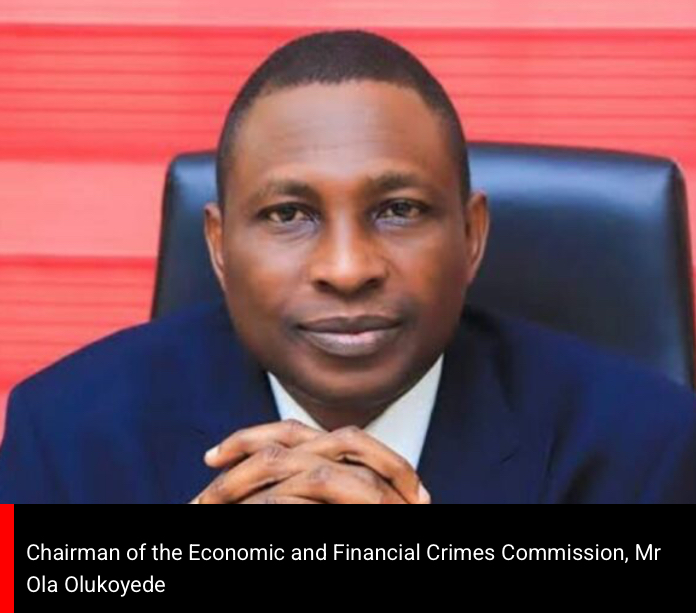
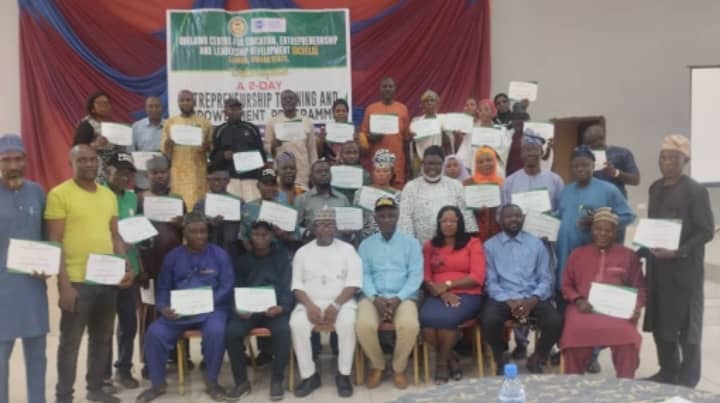







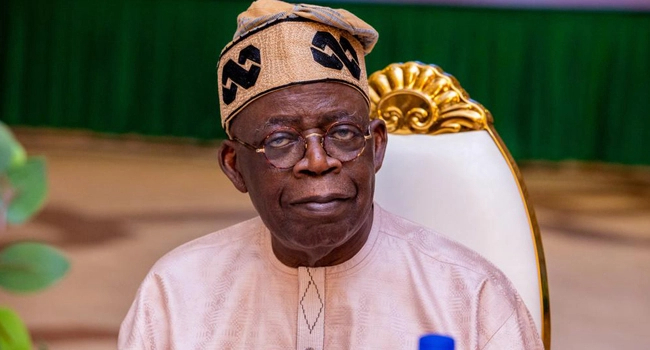

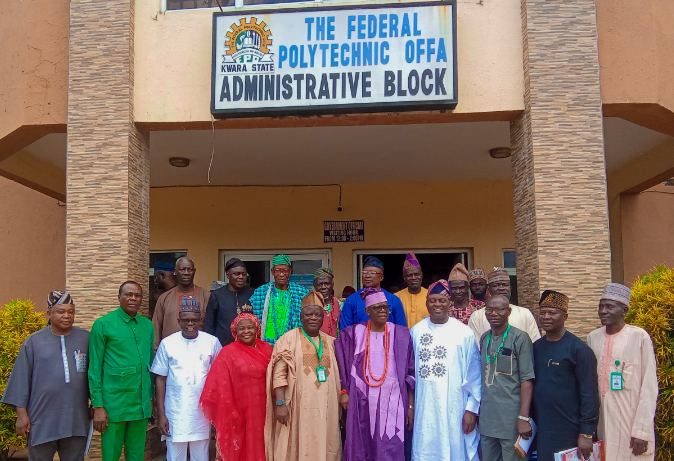
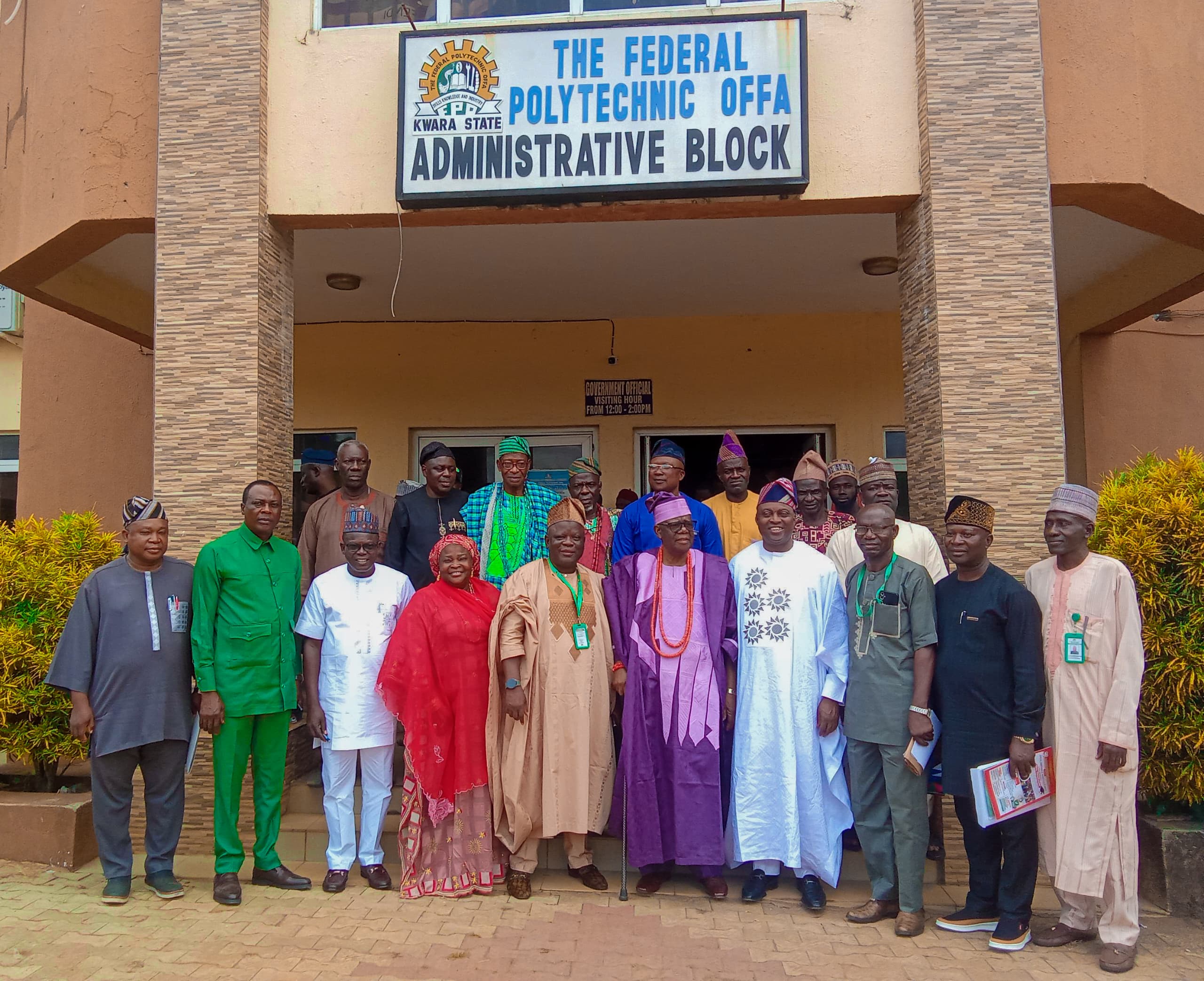

Leave a Reply